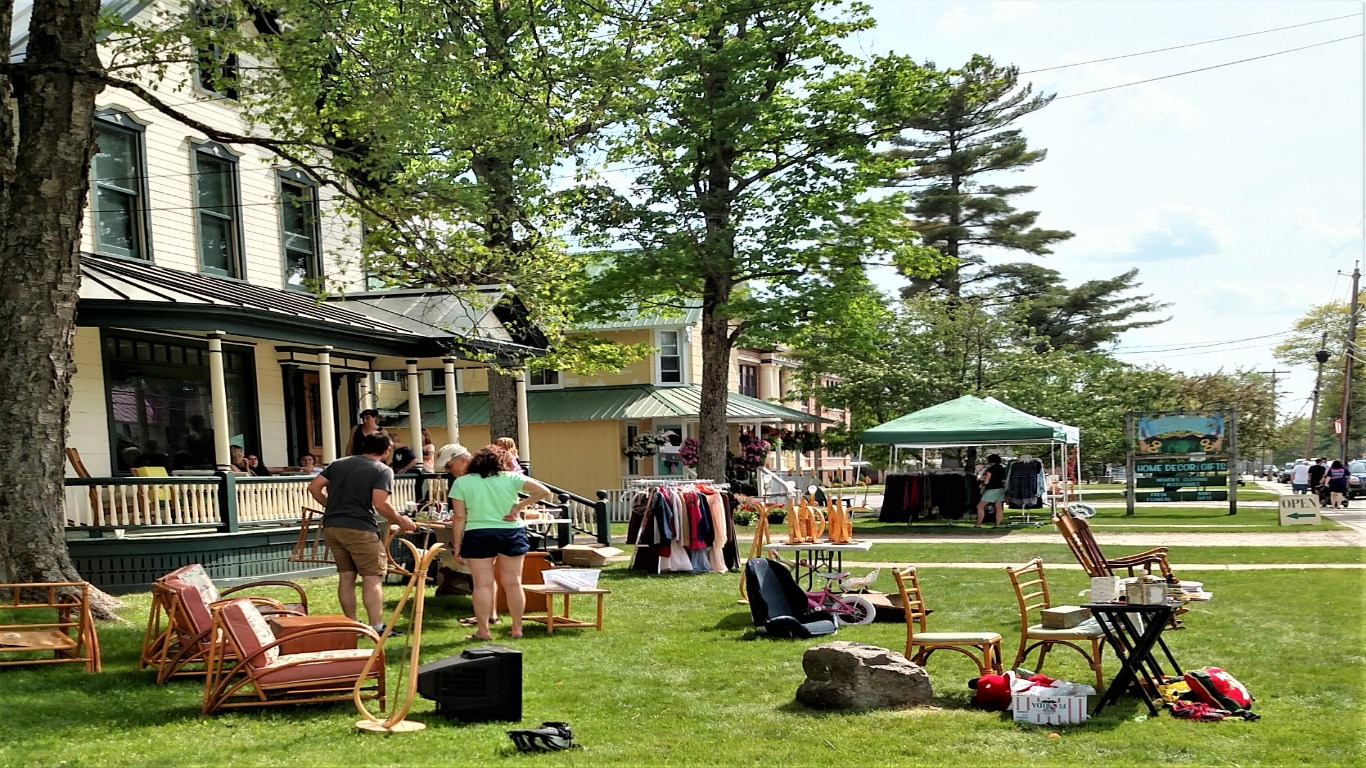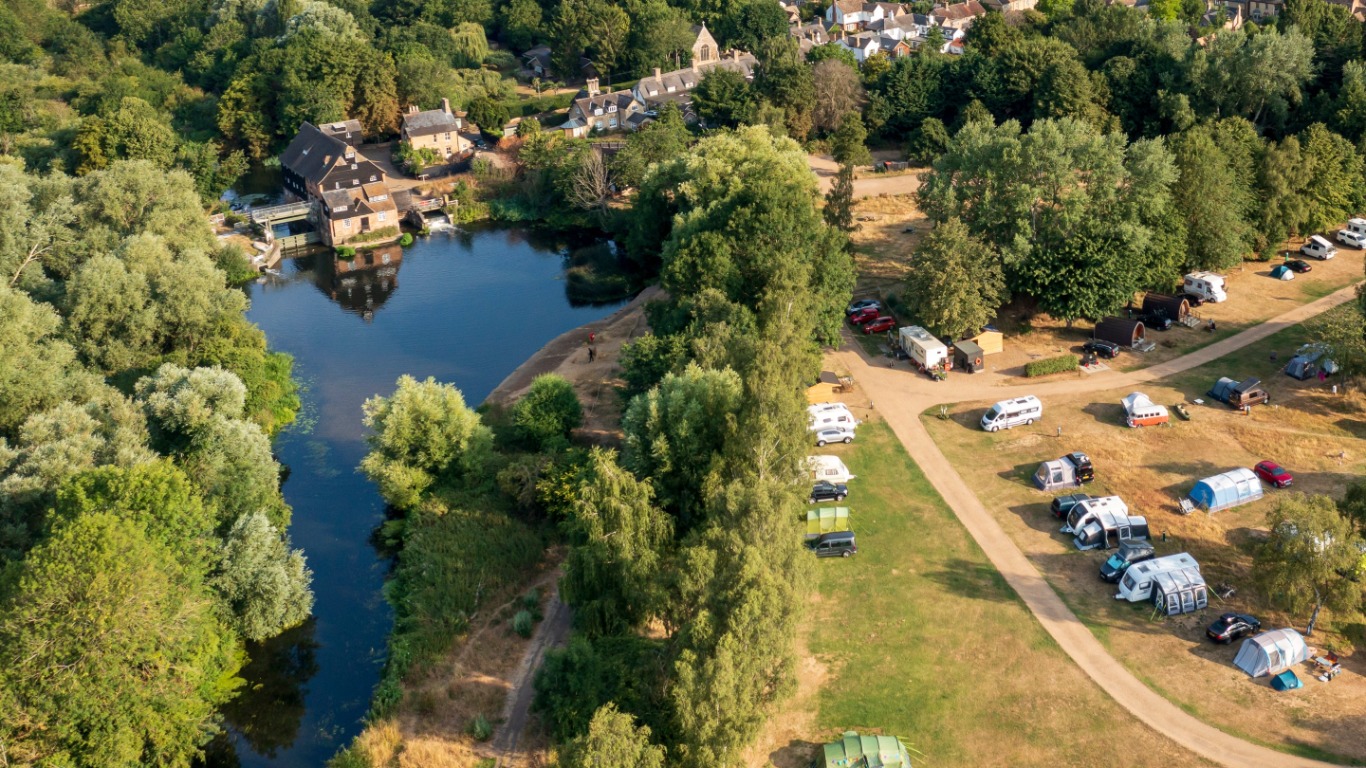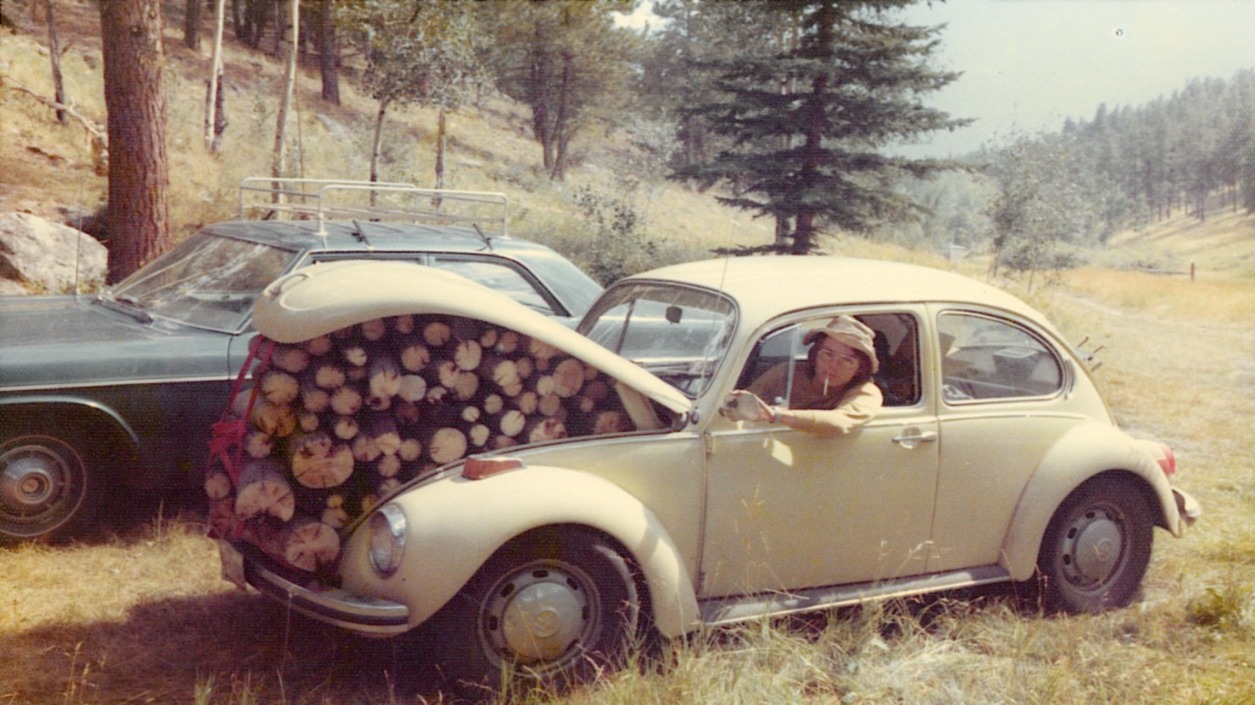When it comes to planning a family outing, camping is a popular choice. It allows you to explore the great outdoors, bond with your loved ones, and create lasting memories. However, for middle-income families, camping expenses can quickly add up and put a strain on the budget. That’s why it’s important to know how to camp on a budget without sacrificing the experience. In this article, we will share eight valuable tips to help middle-income families enjoy a camping trip while keeping costs under control.
Rent or Borrow Camping Equipment
Buying car camping gear can be a pricey endeavor, especially if you only use it occasionally. Instead of purchasing equipment that you may not use frequently, consider renting or borrowing. Many outdoor stores offer camping gear rentals at affordable rates. Additionally, you can ask friends or family members who have camping equipment if you can borrow theirs. By opting for rental or borrowing, you can save a significant amount of money while still enjoying the convenience of having the necessary gear.
Buy Camping Gear on Garage Sale

Garage sales are often hidden gems for finding affordable camping gear. People often sell items they no longer need, including tents, sleeping bags, cooking utensils, and more. Take advantage of these garage sales to grab quality camping gear at a fraction of the original cost. You never know what treasures you might find, so make sure to keep an eye out for nearby garage sales in your area.
Take Advantage of What You Already Have at Home
Camping doesn’t always require specialized gear. Before heading out, consider utilizing household items that can serve double-duty. For example, a large tarp can be transformed into a makeshift tent footprint, and old bed sheets can be repurposed as sleeping bag liners. By being resourceful and using items you already have, you can save money on camping gear and make the most of what you already own.
Pick Up Camping Location Near Home

Travel expenses can eat up a significant portion of your camping budget, especially if you have to drive long distances. To cut down on these costs, choose a camping location that is near your home. By selecting a nearby spot, you can save money on gas, reduce travel time, and still enjoy the beauty of nature. Research local campgrounds or parks in your area and discover hidden gems right on your doorstep.
Plan Meals in Advance
One of the biggest expenses while camping can be the cost of food at the campsite. Instead of relying on expensive campsite food options, plan your meals in advance. Create a detailed meal plan, make a shopping list, and pack all the necessary ingredients before leaving home. Not only will this save you money, but it will also ensure that you have delicious and nutritious meals during your camping trip.
Bring Your Own Firewood

Many campsites charge a premium for firewood, and these costs can add up over the course of your trip. To avoid these expenses, bring your own firewood from home. Check local regulations and guidelines to ensure that you are allowed to bring your firewood to the campsite. By being prepared and bringing your own firewood, you can keep yourself warm, cook your meals, and enjoy the campfire experience without breaking the bank.
Avoid High Peak Seasons
Camping during peak seasons, such as summer holidays or long weekends, can be significantly more expensive. Campsite fees tend to be higher during these times, and availability may be limited. To save money, consider planning your trip during off-peak seasons. The weather may be slightly cooler, but you’ll have the benefit of more affordable rates and fewer crowds. With a bit of flexibility in your schedule, you can have a fantastic camping experience at a fraction of the cost.
Mitigate the Arising Expenses
While camping on a budget, unexpected expenses may still arise. To avoid any financial surprises, create a checklist of items to bring and tasks to complete before your trip. This checklist should include things like campground fees, gas or transportation costs, food, equipment rental fees (if applicable), and any other potential expenses you may encounter. By being prepared and having a comprehensive checklist, you can stay on top of your budget and ensure a stress-free camping experience.
Final Thought
Camping on a budget shouldn’t hinder your ability to enjoy the great outdoors with your family. By following these eight tips, middle-income families can experience the joys of camping without breaking the bank. Whether it’s renting or borrowing gear, purchasing equipment from a garage sale, utilizing household items, or planning meals in advance, there are plenty of ways to save money while enjoying nature. So gather your loved ones, pack your bags, and embark on an affordable camping adventure that will create lasting memories for everyone.
